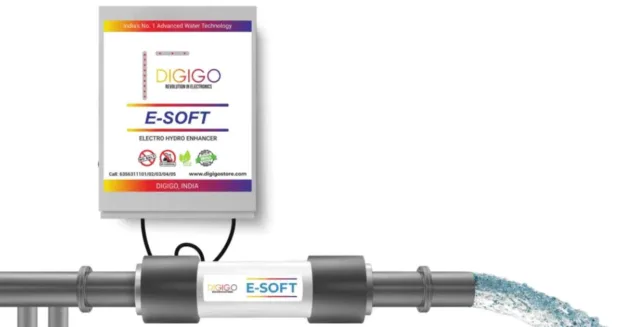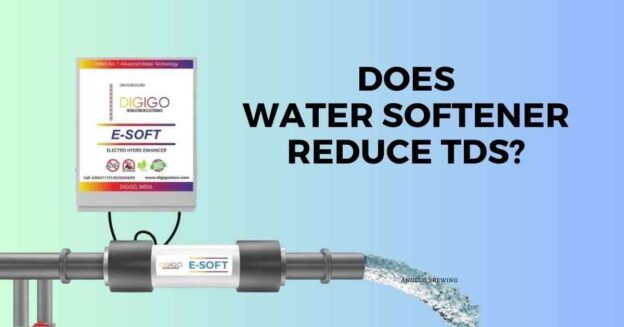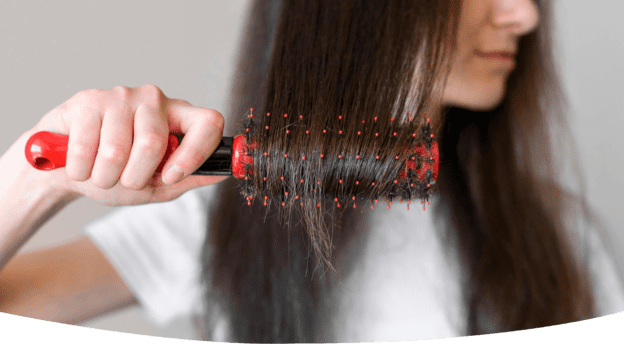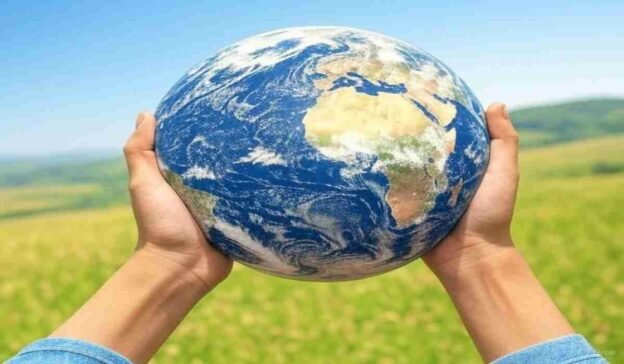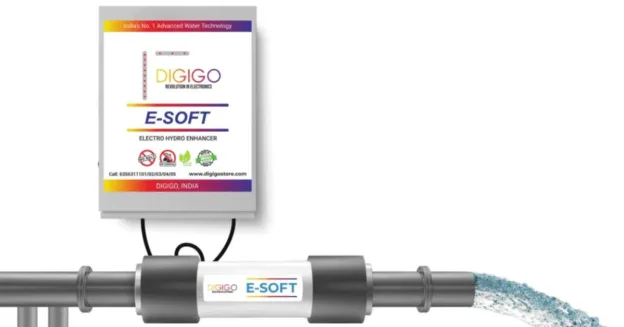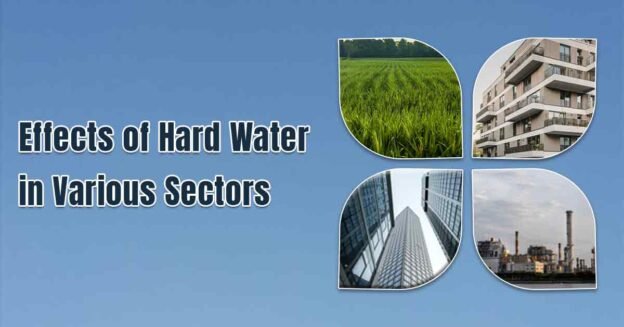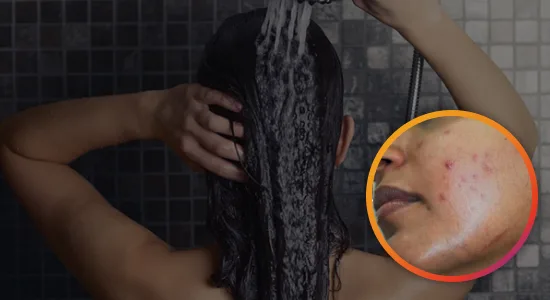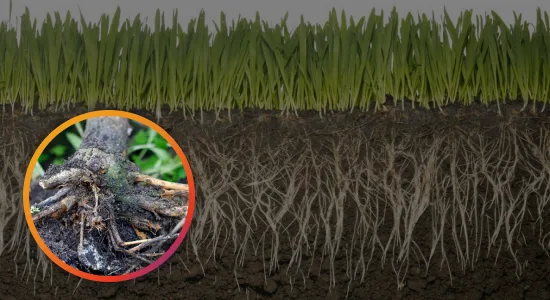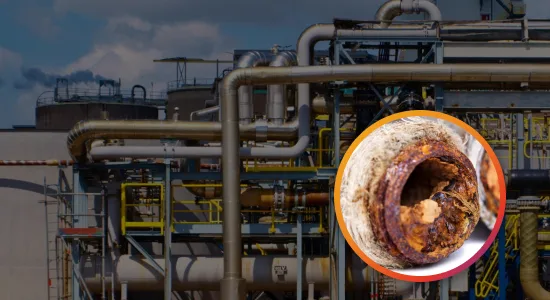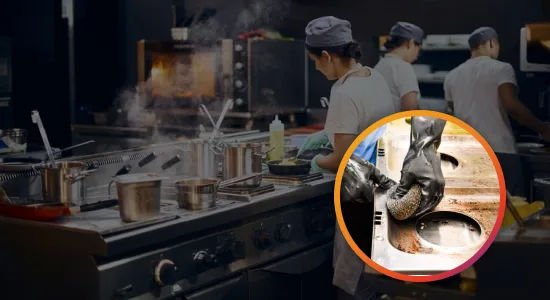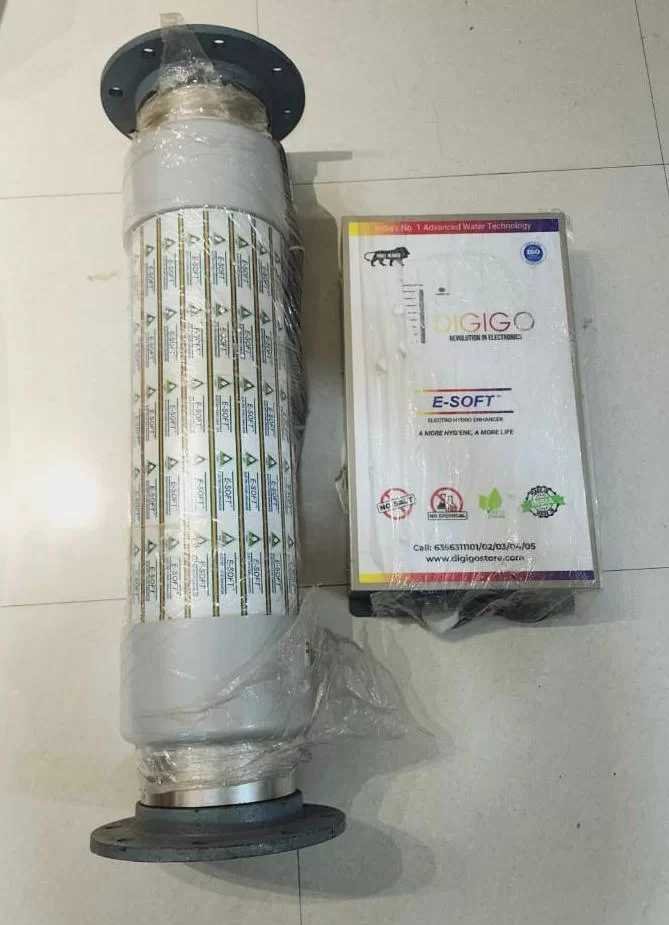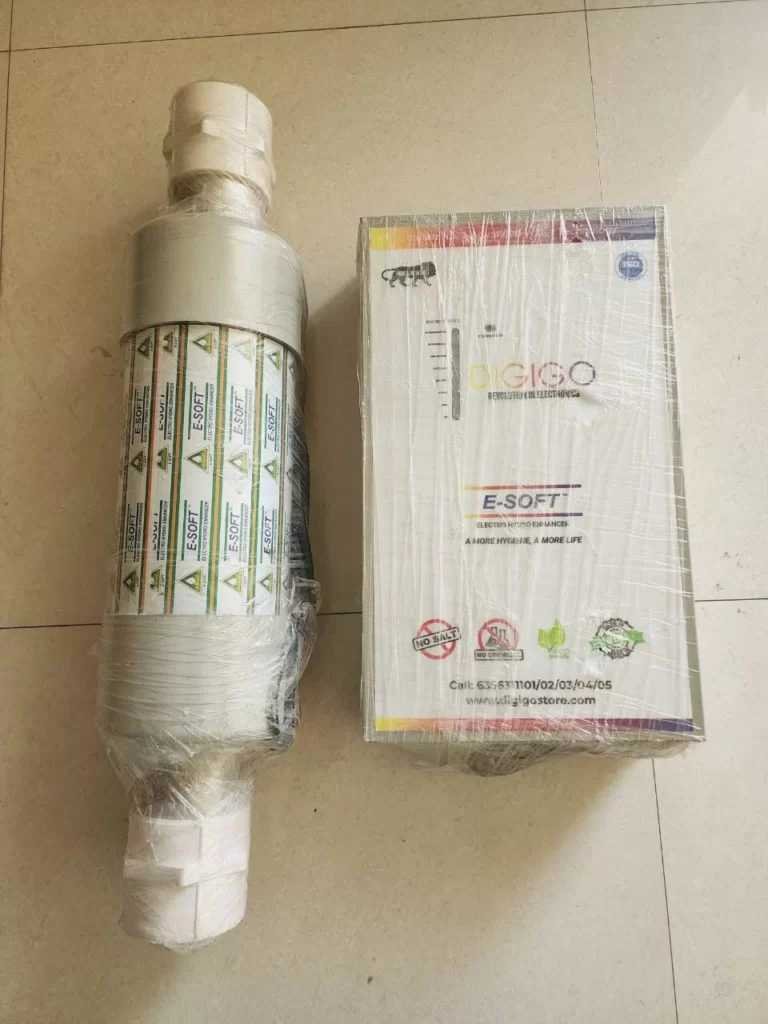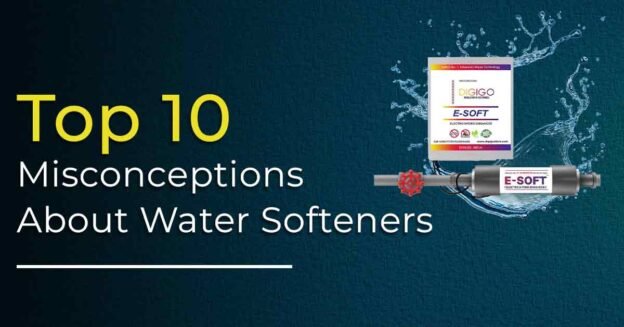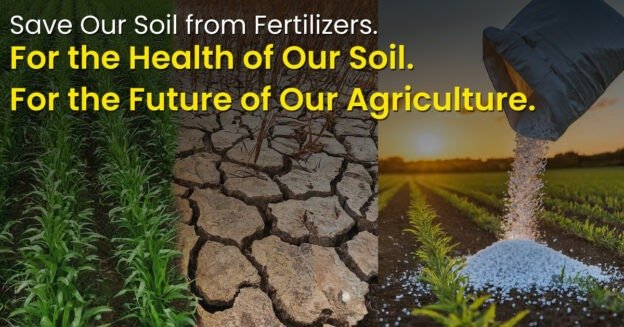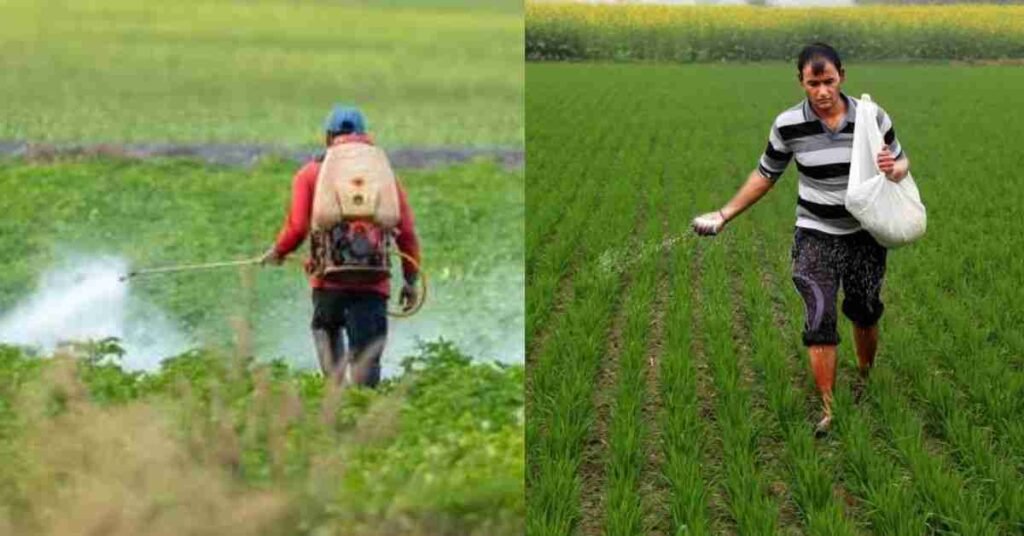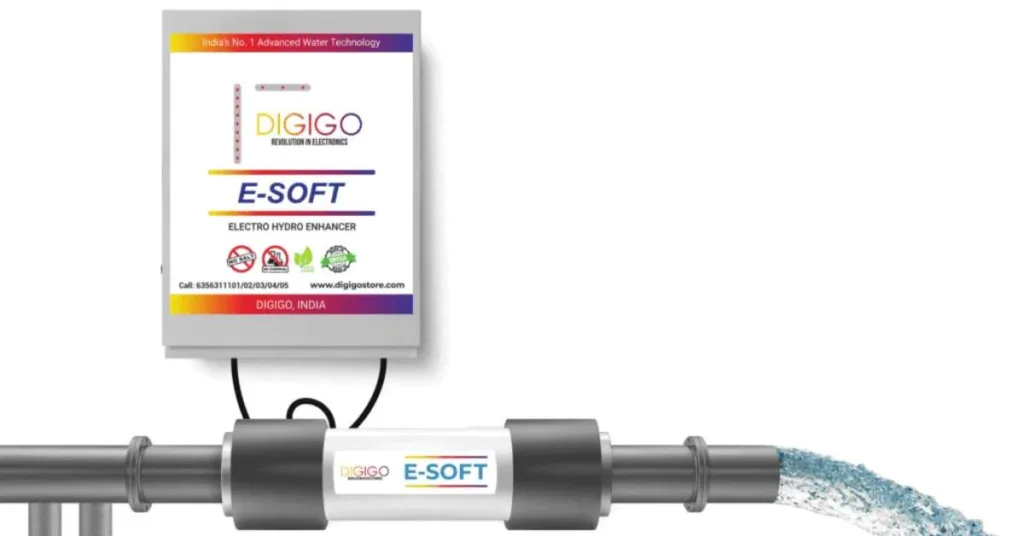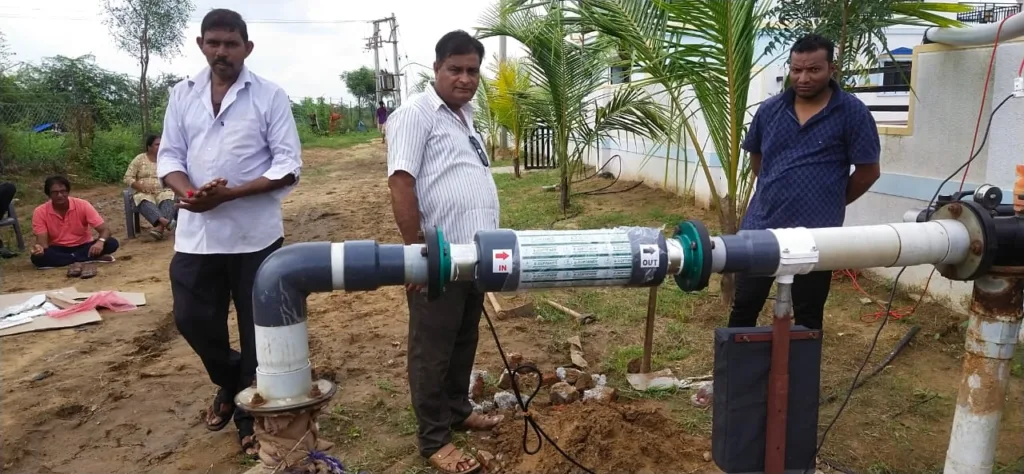Blog Overview
- Borewell water in India often contains high TDS and hardness, which damages skin, hair, clothes, and plumbing.
- Total Dissolved Solids and water hardness are different; knowing the difference matters.
- A water softener doesn’t reduce TDS but removes hardness, which solves 90% of daily water issues.
- Many Indian families are now installing softeners, especially after facing skin, appliance, or pipe problems.
- E-Soft Water softeners offer reliable solutions for homes, farms, and industries.
- This blog shares real-life stories, expert tips, and Indian user opinions to guide you.
“Didi, Is Your Geyser Also Making Noises?”
This is what my neighbour Rekha aunty asked me last winter. She was annoyed. Her geyser, only two years old, had started making strange crackling sounds. And her washing machine was leaving white patches on clothes.
We live in a Tier 2 city in Maharashtra. Most houses here use borewell water.
She thought maybe the appliances were faulty. But the real culprit? The borewell water.
Her story is not unique.
Every day, Indian homeowners, especially in semi-urban areas, face hidden damage from hard borewell water. The strange part? We don’t realise the damage until it’s too late.
Let’s understand what’s really happening with this water that “looks” clean.
TDS vs. Hardness – What’s The Difference and Why It Matters
Let’s simplify:
- TDS – Total Dissolved Solids: It includes all salts, minerals, and metals dissolved in water. Some are harmful, some are not.
- Hardness: This is caused by just two things, calcium and magnesium. These are the ones that ruin pipes, hair, and skin.
So, imagine this:
You’re making a deal. TDS is everything you put in salt, haldi, jeera, and mirchi.
Hardness? It’s just too much salt. It doesn’t make the dal unsafe, but it spoils the taste.
Similarly, high TDS might not always be a problem. But high hardness is.
Borewell water in India often has both, but it’s the hardness that causes:
- Blocked taps
- Damaged washing machines
- Rough hair and dry skin
- White stains on bathroom tiles and utensils
So, Does a Water Softener Reduce TDS?
Short answer: No.
Water softeners don’t remove all salts. But they remove calcium and magnesium, the main villains.
So, while the TDS number stays the same, the water behaves differently:
- Soap starts lathering better.
- Hair feels softer.
- Taps stop getting white stains.
- Appliances stop making those weird noises.
Some facts:
- WHO recommends water hardness under 200 ppm for daily use.
- Borewell water in cities like Bengaluru, Ahmedabad, and Nagpur often has hardness levels of 300-600 ppm.
- Over 60% of Indian homes using borewells have water that’s “too hard” for household use.
Real-Life Story: From Chalky Stains to Shine in 20 Days
Let’s come back to Rekha aunty.
She installed a small E-Soft domestic water softener near her overhead tank.
Results?
- Her geyser stopped making noises.
- Her son’s skin allergies have reduced.
- Tiles stopped turning white.
- Clothes didn’t feel rough anymore.
She told me, “I wish I had done this earlier. I thought the water was clean. Who knew it was this harmful?”
This is the silent damage of borewell water – you don’t see it immediately, but it builds up over time.
What Experts Say
I asked Mr. Rajeev Nair, a veteran in water treatment for over 18 years:
“People keep checking TDS and think high TDS is dangerous. But for household use, hardness is the real issue. Borewell water is often hard, even if the TDS is normal. Softeners fix that.”
He also shared something eye-opening:
- 80% of appliance breakdowns (geysers, heaters, washing machines) are caused by hard water.
- Softener systems, when installed correctly, increase appliance life by 30-40%.
So basically, ₹10,000 spent on a softener today can save you ₹50,000 in appliance repairs tomorrow.
What Indian Users Say Online?
I checked what people say online.
Quora user from Pune:
“My TDS was 850, but my plumber said the hardness was high. I installed a softener white stains disappeared.”
Reddit thread from Hyderabad:
“Hard borewell water ruined my tap fittings. Now I use RO for drinking and a softener for the rest.”
Facebook group – Home Tips India:
“Post lockdown, our flat got borewell water. Everyone had hair fall. We did a test, hardness was 480 ppm!”
The common advice online?
- RO is for drinking.
- Softener is for cleaning, bathing, and daily use.
- Don’t confuse TDS with hardness, they are different.
Trend Alert: Softeners Are Now a Must in Indian Homes
After the COVID lockdown, people returned to their hometowns. More homes started relying on borewell water due to supply issues.
Result?
- Surge in hard water complaints.
- Appliance breakdowns increased.
- Water softener sales jumped.
Stat:
Between 2021 and 2024, softener installations grew by 45% in Tier 2 & Tier 3 cities.
From Bhubaneswar to Nashik, people are putting softeners near overhead tanks, ground sumps, and even bathrooms.
Final Thoughts
Let’s face it, borewell water is no longer a simple “paani ka source.”
It’s hard, full of minerals, and quietly harms your home. Whether you live in Indore or Coimbatore, chances are your home is already seeing signs.
Soap not working? White patches? Itchy skin?
A water softener might be the quiet hero you need.
E-Soft Water softeners offer great options for:
- Homes
- Apartments
- Commercial places
- Farms and industrial use
Explore their models online and choose what fits your home.
Because sometimes, the clean-looking water is the one doing the most damage.
FAQs
1. Can I drink softened water?
No. It’s meant for cleaning, bathing, and washing. Use RO or filtered water for drinking.
2. Does a softener reduce all TDS?
No. It removes only calcium and magnesium, the ones causing hardness.
3. How do I test my water’s hardness?
Get a lab test or use a home test kit. Or observe signs: white stains, rough clothes, dry hair.
4. How long does a softener last?
With regular servicing (once every 6–8 months), a good softener lasts 5–10 years.
5. Which brand is trusted for borewell water softening?
E-Soft Water offers reliable softeners for homes, industries, and even agricultural use.
